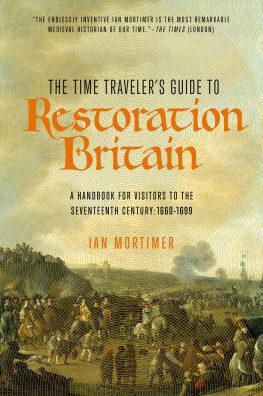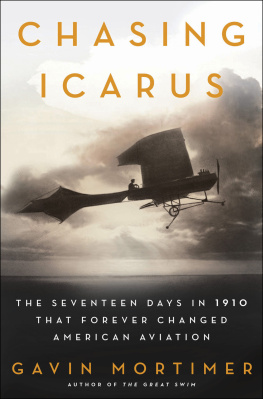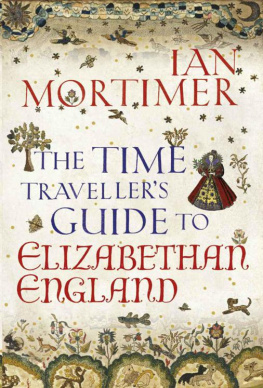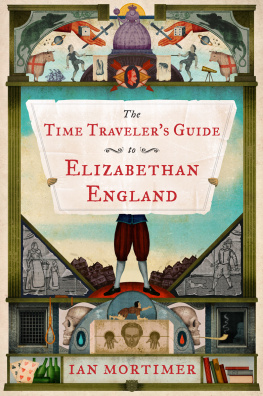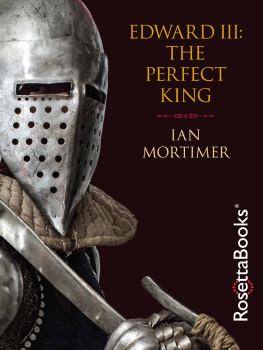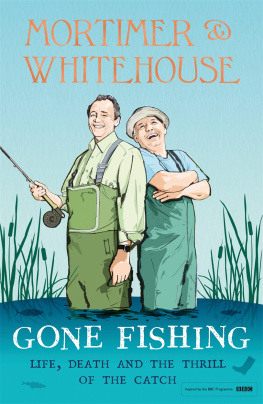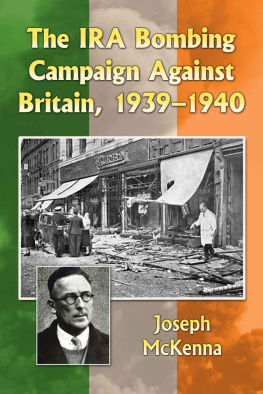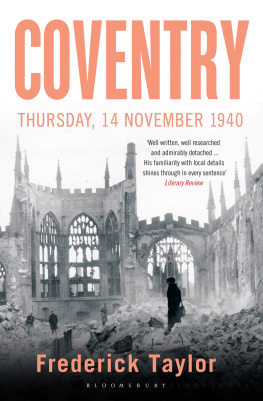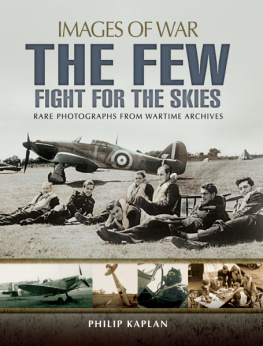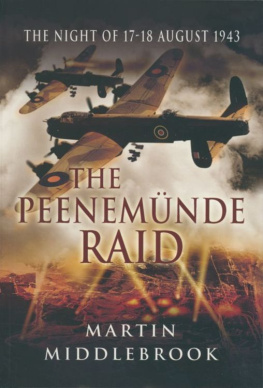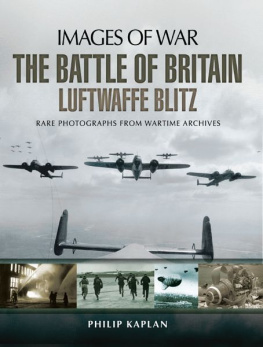Table of Contents
[The Longest Night is] moving in the repetitive facts and random stories that pile up like a mountain of rubble.... Todays reader, fresh from weeping at the tragedies of Katrina and Rita, might take solace in episodes of courage when one ordinary person rescued another, whether from a flood or a bomb crater.
The Washington Post
Seven months after the Nazi Blitz began in September 1940, London remained the center of the free worlds resistance to Hitlers Germany, butcontrary to popular beliefits all-in-together camaraderie was disintegrating. Two devastating Luftwaffe raids in April 1941 killed more than 2,300 Londoners. The citys civil defenses were chronically undermanned as the breezy enthusiasm of those who volunteered in 1939 cracked under the incessant bombing. Newspapers reported looting, petty crime, and price-gouging.
But there was reason for optimism. Churchill remained unfailingly belligerent as he rallied the English. London hadnt been bombed in three weeks, while the RAF shot down ninety German bombers over Britain. It began to appear that the worst could be over.
So, when the first notes of the air-raid siren sounded on the evening of May 10, 1941, few citizens even bothered going into the shelters. A similar nonchalance prevailed among the defenders of the nations capital. It soon became clear, however, as the bombs began to rain down, that this was no ordinary Blitz but a Luftwaffe raid so devastating that it would eclipse all others....
Eyewitness interviews illuminate the widespread looting, resentment towards the gawpers flooding in from the suburbs, and, particularly, the tribulations of the firemen.... This is a reporters story, bound up in the immediacy of one night and the experiences of a select group of individuals.
The London Sunday Times
Drawing on scores of eyewitness accounts and previously classified records, British journalist Mortimer has written the first extensive account of the deadliest night of the 1940-1941 London Blitz.... While Mortimer focuses on London, he also switches the narrative seamlessly among the citys residents, the air crews at their bases in the English countryside, and the Luftwaffe pilots attacking from their bases in occupied France.Publishers Weekly
An engaging, down-to-the-minute retelling of May 10-11, 1941... Part military history, part chronicle of survivors memories, and part moving tribute to London, the result is reminiscent of Richard Colliers The City That Would Not Die, but is a captivating and important contribution in its own right. True to his journalistic roots, Mortimer opens by introducing a large cast of characters, most of whom he personally interviewed. The experiences of those who were in and around London that fateful night drive the narrative.... Mortimer offers great insight into the intricacies of World War II London, its population, physical layout, architecture, and history, as well as the complexities of German and British warplanes and weaponry of the period.
Mortimers dramatic renderings of what Londoners and German and British military men experienced make for compelling nonfiction. Emphasis is placed on how fear, confusion, and devastation were offset by the unprecedented ways in which Londoners came together to offer assistance. Mortimers focus is on people, but some of the most emotionally wrenching passages concern not the terrible loss of life, but the destruction of some of Londons most beloved architectural and historical treasures.Kirkus Reviews
Gavin Mortimer has had an inspired idea for a book: take the worst night of the Blitz and examine it from every angle: from the Luftwaffe and RAF above to those in the tube shelters below, from the bombing of Westminster Abbey to the destruction of the East End, from a triumphant Vera Lynn at the London Palladium to the anxious filmgoers in Peckham Road.
The Mail on Sunday
THE BERKLEY PUBLISHING GROUP
Published by the Penguin Group
Penguin Group (USA) Inc.
375 Hudson Street, New York, New York 10014, USA
Penguin Group (Canada), 90 Eglinton Avenue East, Suite 700, Toronto, Ontario M4P 2Y3,
Canada (a division of Pearson Penguin Canada Inc.)
Penguin Books Ltd., 80 Strand, London WC2R 0RL, England
Penguin Group Ireland, 25 St. Stephens Green, Dublin 2, Ireland (a division of Penguin Books Ltd.)
Penguin Group (Australia), 250 Camberwell Road, Camberwell, Victoria 3124, Australia
(a division of Pearson Australia Group Pty. Ltd.)
Penguin Books India Pvt. Ltd., 11 Community Centre, Panchsheel Park, New Delhi110 017, India
Penguin Group (NZ), Cnr. Airborne and Rosedale Roads, Albany, Auckland 1310, New
Zealand (a division of Pearson New Zealand Ltd.)
Penguin Books (South Africa) (Pty.) Ltd., 24 Sturdee Avenue, Rosebank, Johannesburg 2196,
South Africa
Penguin Books Ltd., Registered Offices: 80 Strand, London WC2R 0RL, England
The publisher does not have any control over and does not assume any responsibility for author or third-party websites or their content.
Copyright 2005 by Gavin Mortimer
All rights reserved.
No part of this book may be reproduced, scanned, or distributed in any printed or electronic form without permission. Please do not participate in or encourage piracy of copyrighted materials in violation of the authors rights. Purchase only authorized editions.
BERKLEY CALIBER and its logo are registered trademarks of Penguin Group (USA) Inc.
eISBN : 978-0-425-21183-0
1. London (England)HistoryBombardment, 1940-1941. 2. World War, 1939-1945
Aerial operations, German. I. Title.
D760.8.L7M626 2005
940.53421dc22
2005045281
Most Berkley Caliber Books are available at special quantity discounts for bulk purchases for sales promotions, premiums, fund-raising, or educational use. Special books, or book excerpts, can also be created to fit specific needs.
For details, write: Special Markets, The Berkley Publishing Group, 375 Hudson Street, New York, New York 10014.
http://us.penguingroup.com
ACKNOWLEDGMENTS
Scattered around the world is a small band of Londoners who are unwilling or unable to rid themselves of the memories of the Blitz of 1940-41. Theyve tried in the sixty or so years in which theyve grown old and bent and weary. But the Blitz is still there, tucked away in the dusty cellars of their minds. Sometimes it emerges. It might be the backfire of a car or the smoke rising from a burning building. Then the memories return.
When I appealed in various magazines and local papers for the reminisces of Blitz survivors of May 1941, I was utterly unprepared for the response. Nearly two hundred letters dropped onto my doorstep. They came from Canada, New Zealand, Australia, South Africa, the east and west coasts of the USA, Gibraltar, Spain, and every nook and cranny of the British Isles. And what letters they were, written with eloquence, humor, modesty, honesty, and clarity.
With so many correspondents, space prevents me from naming you all personally, but a collective thank you for reliving old and sometimes painful memories for the benefit of a complete stranger.
I am grateful to the dozen or so correspondents who were happy to expand on various points that arose from their letters over the phone: Gwen McWilliams, a wartime ambulance auxiliary, David McCarthy, Nick Allen, Edna West, Stanley Lathwell, who lived next door and not in Wormwood Scrubs Prison, Eileen Bain, Morag Storie, Eileen Martin, and Iris Strange.


